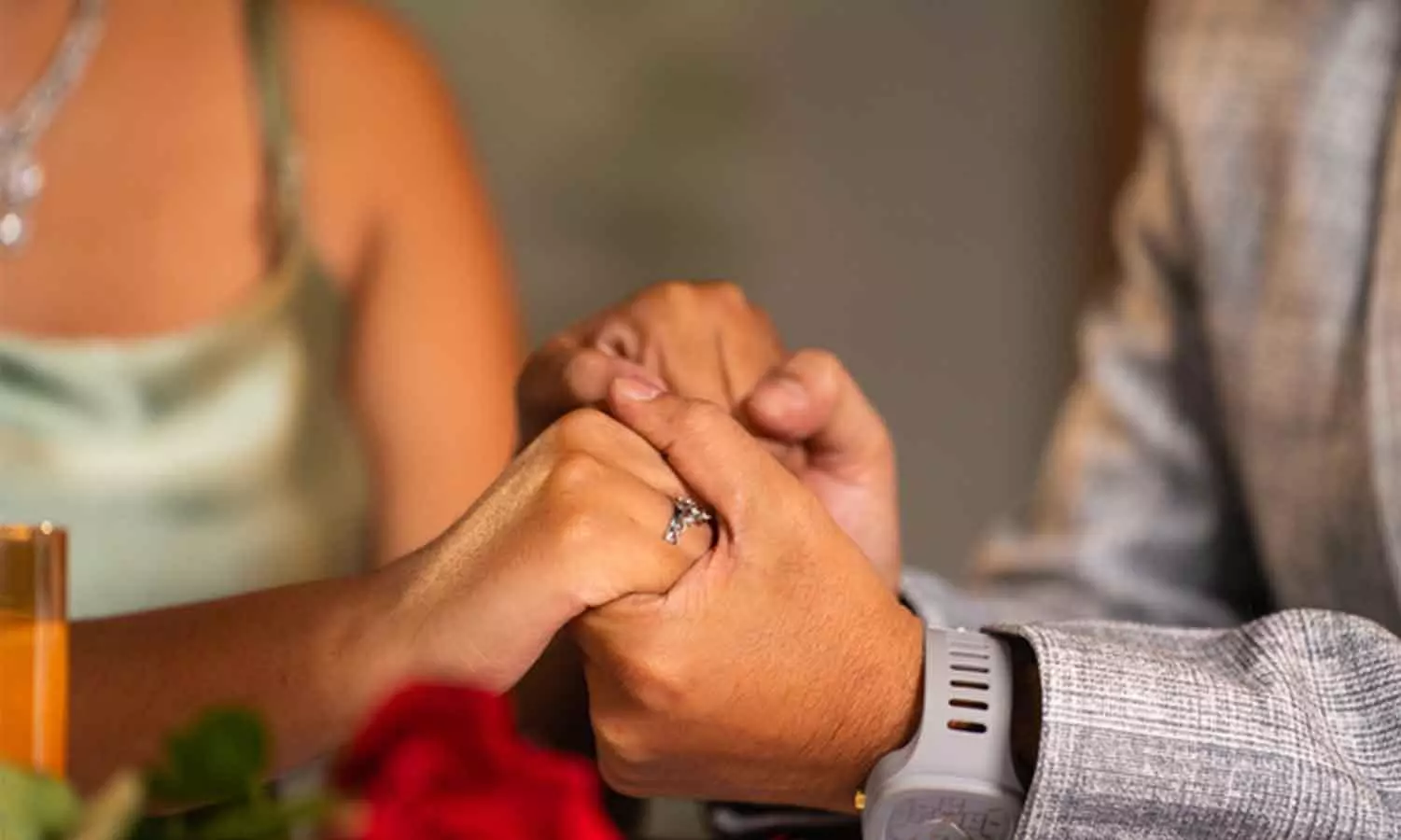
Uttarakhand revises UCC norms on live-in and marriage registration
Uttarakhand govt tells High Court it amended UCC rules to protect live-in couples’ privacy, removing Aadhaar, parental notice, and police checks

The Uttarakhand government has filed a 78-page affidavit in the Nainital High Court saying that a few provisions of rules under the Uniform Civil Code (UCC) were amended, mentioning that the actions were taken to protect the privacy of live-in couples.
The affidavit noted that several conditions related to the registration of marriage and live-in relationships would be removed, allowing individuals to voluntarily register their relationship or marriage, including the elimination of Aadhaar and community certificates for the registration.
The government argued that these changes were aimed at safeguarding privacy and giving greater freedom to citizens in relationships. Meanwhile, the petitioners who had challenged the UCC rules said these changes were made only to distract the people from the real issues.
Also Read: Uniform Civil Code: BJP seeks to divide people, says Congress
Major changes in rules
The amendments prohibit a cohabiting relationship between a couple if one or both are already married or have been in another live-in relationship. It also prohibits the registration of a live-in relationship if one member of the couple is a minor.
Earlier, it was mandatory to inform the parents if one of the couple was under 21 years of age. However, as per the proposed amendments, authorities will no longer be required to inform the parents of individuals under 21.
As far as the citizens' privacy and freedom are concerned, the proposed amendment also removes the rule requiring mandatory reporting of the pregnancy of a live-in partner or the birth of a child after the end of a relationship.
Under the new amendments, live-in couples hereafter would not be subject to police investigation or surveillance, and complaints would only be entertained if supported by a valid legal reason. The amendments also proposed removing the need for religious or community certificates during marriage registration.
Also Read: Parliamentary panel summons law commission, law ministry representatives on UCC
'Just for record-keeping purposes'
The affidavit submitted by Advocate General SN Babulkar before a division bench of Chief Justice G Narendar and Justice Subhash Upadhyay, on October 15, stated that the amendments were related to Rule 380 of the Registrar's Office, which lists the conditions under which a live-in relationship cannot be registered.
The affidavit read that the proposed changes focused on improving the process for registration and termination of cohabiting relationships, lending greater clarity in how information is shared with the police, and extending the appeal period for rejected applications.
It also mentioned that the provisions seek to limit the scope of data-sharing between the registrar and the local police, making it clear that this is being done solely for "record-keeping purposes."
Also Read: UCC alone can’t unite the nation; it won’t succeed as a poll ploy: Salman Khurshid
Aadhaar is not required anymore
The proposed amendments remove the mandatory use of Aadhaar as proof of identity in various registration and declaration processes. According to the affidavit, these changes are primarily aimed at providing "flexibility" by allowing alternative identification documents in cases where applicants were unable to provide Aadhaar, especially in cases when the individual is not a primary applicant.
The affidavit noted that the amendment proposed to increase the time period for applicants to challenge the registrar's decision rejecting a declaration of cohabitation from 30 days to 45 days from the date of receipt of the rejection order.
It is to be noted that, as per the reports, since the implementation of the UCC in the state, around 4 lakh people have registered their marriages, while 58 cohabiting couples have registered their relationship status with the government, and one couple terminated their relationship. In all, 284 divorce cases have been reported so far.

